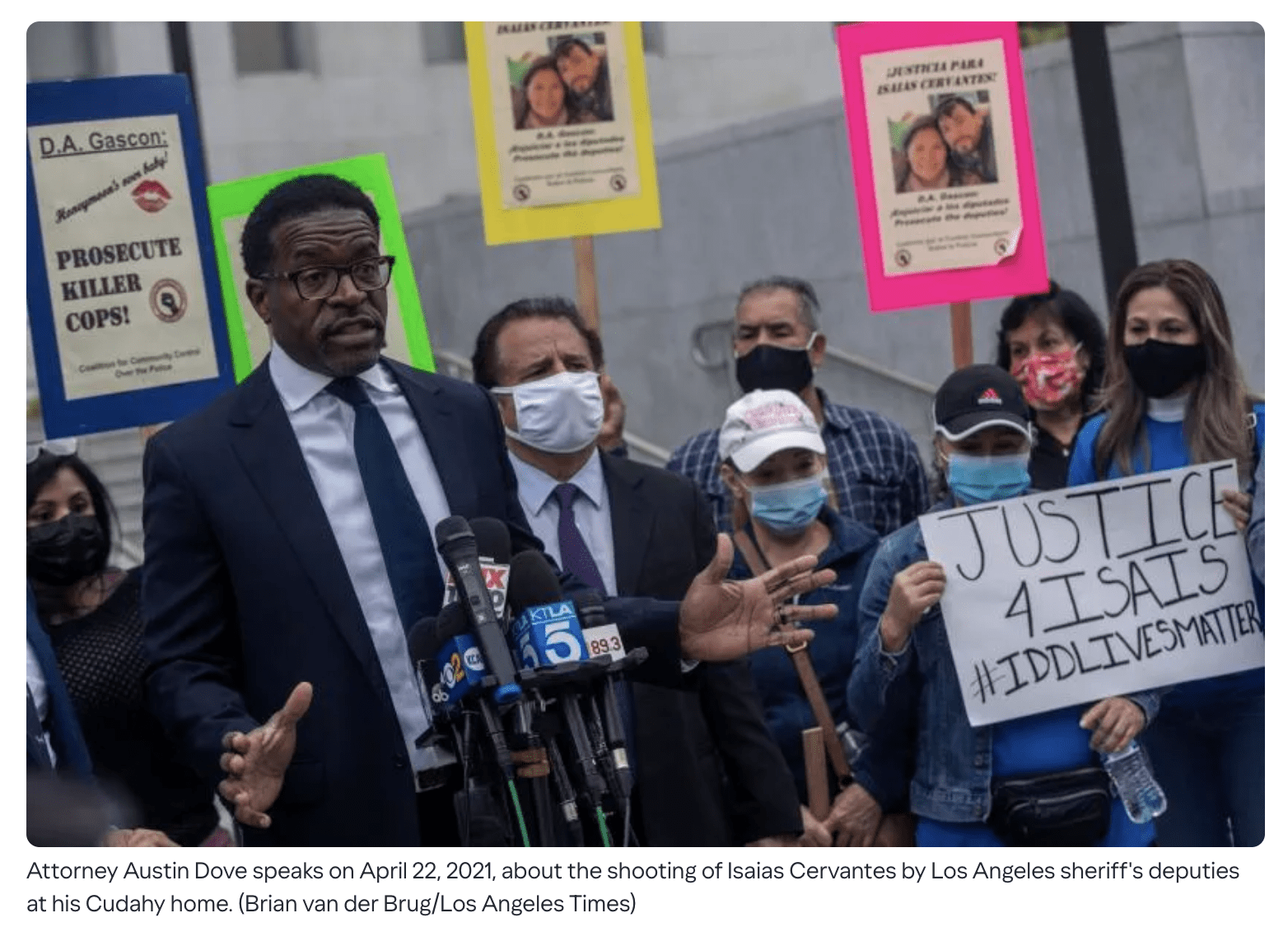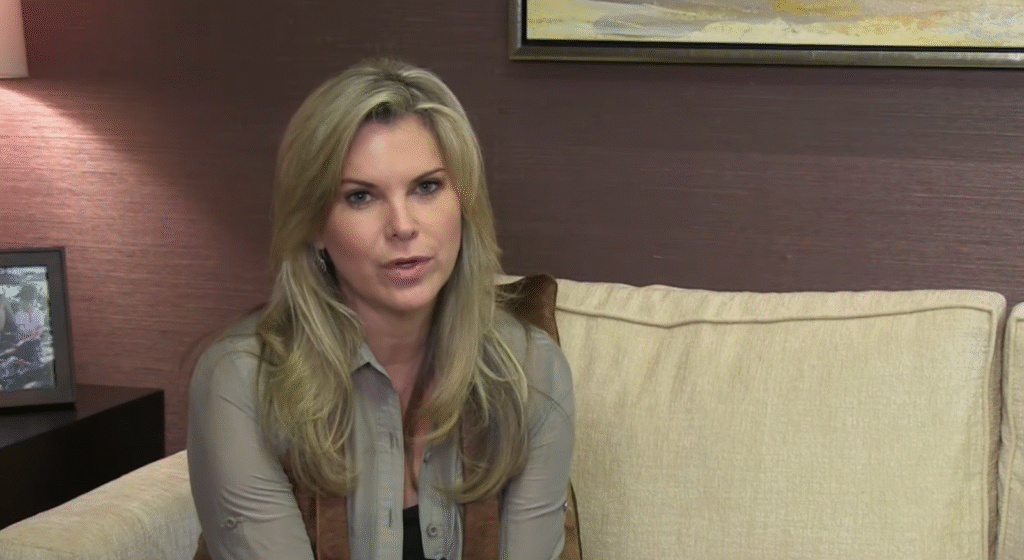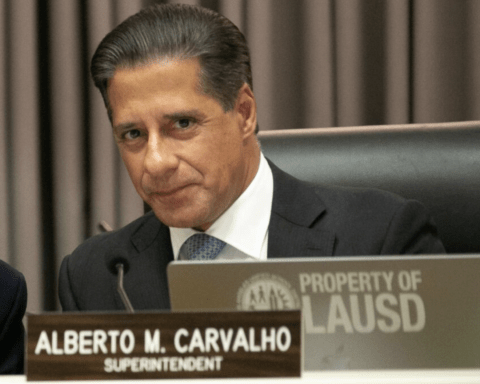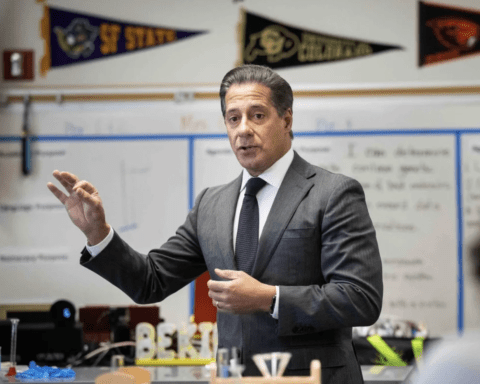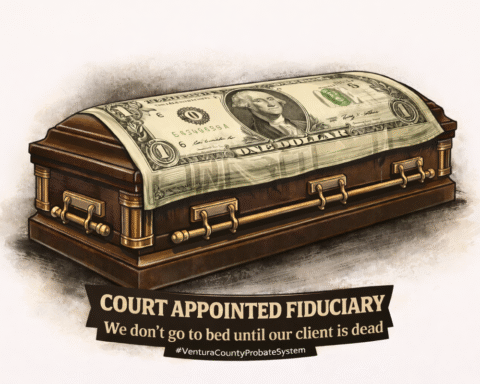The $25 million settlement paid by Los Angeles County to the family of Isaias Cervantes was billed as justice for a young man shot and paralyzed during a mental health crisis. Instead, it has become a symbol of how deeply political influence and insider relationships shape outcomes inside the county’s justice system.
The payout, one of the largest of its kind in U.S. history, was approved by Supervisor Holly J. Mitchell, seconded without discussion, and funneled through the Sheriff’s Department Contract Cities Trust Fund. For attorney Austin Dove, who represented the Cervantes family, the deal was a financial windfall, yielding as much as $10 million in contingency fees. For taxpayers, it was another staggering reminder of how personal connections, not public accountability, drive county decisions.
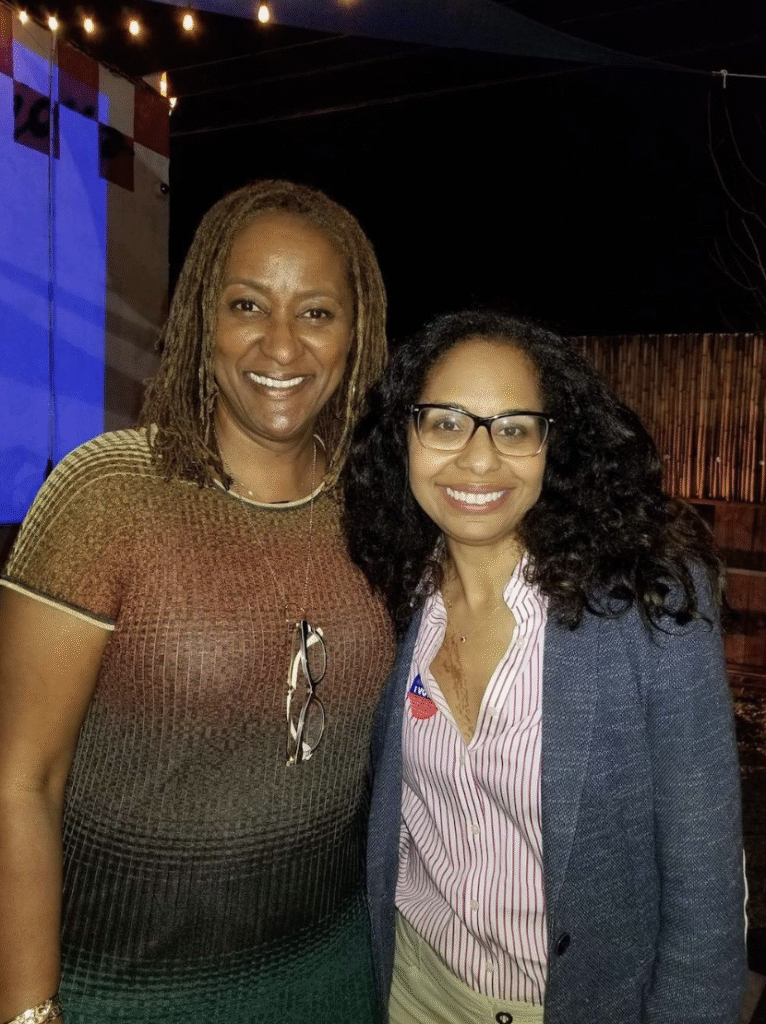
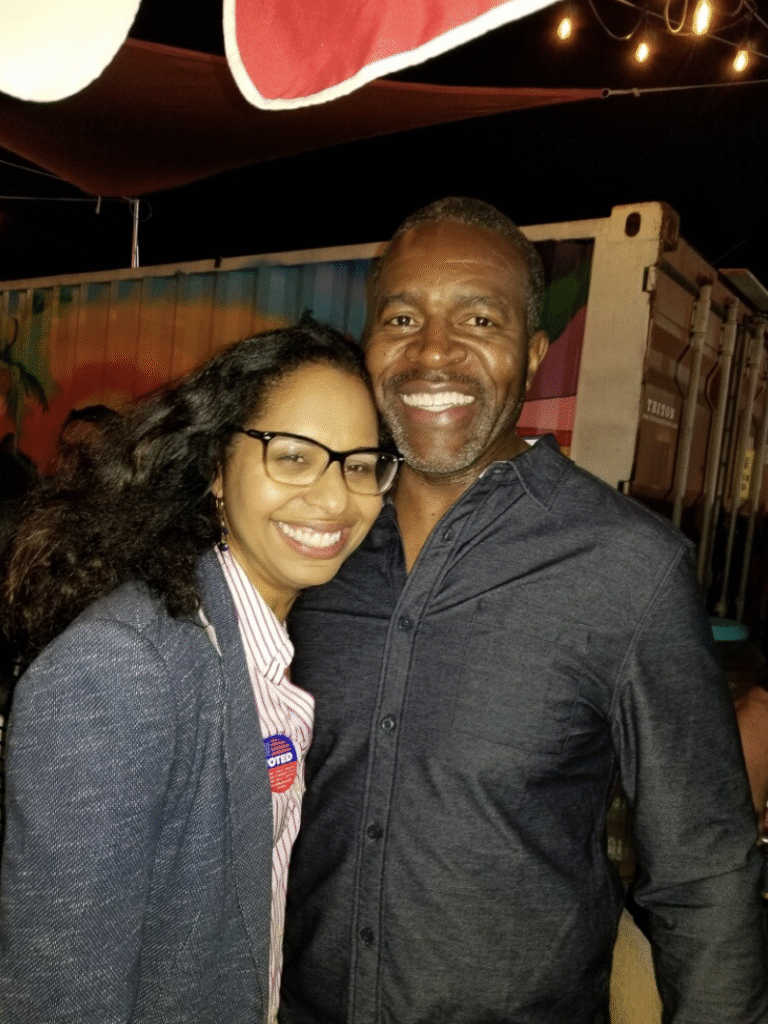
The Cervantes case didn’t occur in a vacuum. It directly intersects with another explosive investigation, the Sheila Kuehl “Pay-to-Play” corruption probe – exposing the same small circle of political operatives and family ties that have come to define Los Angeles County’s culture of power.
As the threads of these overlapping scandals continue to unravel, new political and financial links are surfacing, tightening the circle around Supervisor Holly Mitchell, Congresswoman Sydney Kamlager-Dove, and attorney Austin Dove. What once appeared to be separate controversies, a record-breaking civil rights payout, a criminal corruption probe, and a network of campaign donations, including a staggering $62,705.82 from Kamlager-Dove to Mitchell, have now merged into a single web of influence stretching from the Board of Supervisors to the California Attorney General’s Office.


According to publicly available federal campaign finance records, Securing a Kinder Democracy PAC is registered with the Federal Election Commission (FEC) as a Leadership PAC under committee ID C00822478. The FEC lists Congresswoman Sydney Kamlager-Dove as the Leadership PAC sponsor. Notably, a donation from this PAC to Supervisor Holly Mitchell was made approximately 43 days before the Los Angeles County Board of Supervisors approved the $25 million Cervantes settlement, a timeline that raises serious questions about political influence and ethical oversight in the decision-making process.

In the L.A. Metro “Pay-to-Play” investigation targeting former Supervisor Sheila Kuehl and her close friend Patti Giggans, founder of Peace Over Violence, Austin Dove surfaced as a key player. Just four days after the first search warrants were served on February 18, 2021, Dove contacted the lead LASD investigator to declare he was representing Giggans – effectively inserting himself between detectives and the core of the Metro probe.
But Dove’s entry wasn’t the only intervention that raised eyebrows. In the weeks following those warrants, Congresswoman Sydney Kamlager-Dove – his wife and Holly Mitchell’s longtime protégé – made two strategically timed campaign contributions totaling $9,800 to Mia Bonta, wife of California Attorney General Rob Bonta, who was then running for State Assembly. At the time, Kamlager-Dove was publicly urging AG Bonta’s office to take over the Kuehl-Giggans investigation from the Sheriff’s Department.
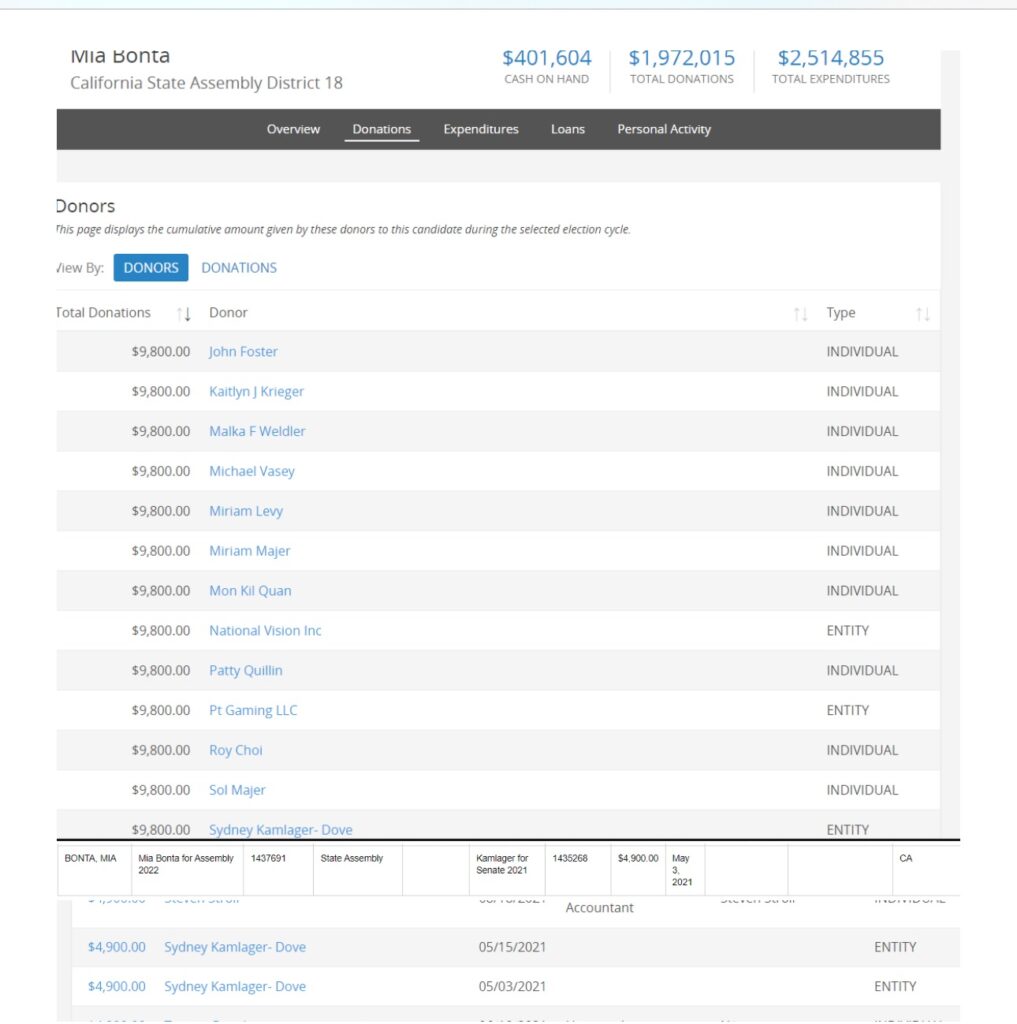
The timing was politically explosive. The donations, made on May 3 and May 15, 2021, coincided precisely with Kamlager-Dove’s lobbying efforts. Within months, Bonta’s Department of Justice assumed control of the Metro investigation, effectively neutralizing the LASD’s inquiry into Kuehl and Giggans. For investigators familiar with the sequence of events, this was not coincidence, it was calculated damage control disguised as advocacy.
The implications are profound. Dove, who had positioned himself as Giggans’ defense attorney in a criminal probe, would later reemerge as the lead plaintiff’s lawyer in the Cervantes civil case, securing one of the largest payouts in county history – approved by his wife’s political mentor. Meanwhile, his wife was donating to the spouse of the Attorney General who would later assume jurisdiction over the criminal case involving Dove’s own client.

A national review of comparable police misconduct cases shows that the Cervantes settlement dwarfs similar payouts, which typically range between $3 million and $10 million. The staggering $25 million figure is nearly three times higher than comparable cases – and unlike those, it came with no policy reforms, no public hearings, and no acknowledgment of conflict-of-interest concerns.
Now, in a stunning twist that revives the political intrigue of Los Angeles County’s 2022 sheriff’s race, newly uncovered records reveal that Supervisor Sheila Kuehl directed a campaign donation to challenger Robert Luna, shortly after a Los Angeles Times reporter tipped her off to an impending search warrant at her Santa Monica home tied to the high-profile public corruption investigation.

During his campaign, Luna capitalized on the controversy, promising to “restore integrity” to the department by dismantling the Public Corruption Unit and shifting such investigations to federal or state authorities—a pledge that, to date, has produced no evidence of a single case being handed off.
Fast forward to this week’s federal indictments of Shangri-La Industries executives, accused of embezzling millions in Project Homekey homeless housing funds through falsified documents and lavish personal spending, and the picture darkens further. The very same developers now under DOJ scrutiny had bankrolled Luna’s 2022 campaign with at least $4,500 and contributed thousands more toward his 2026 re-election bid, according to county finance records. Those donations continued even after Luna dismantled the unit tasked with rooting out pay-to-play corruption, effectively silencing one of the few internal watchdogs capable of exposing such schemes.
With Luna’s re-election campaign underway and corruption scandals once again engulfing the county, one question looms large: Was the dismantling of the Public Corruption Unit a bold reform, or a strategic move to shield the sheriff’s political benefactors?

What emerges is an unmistakable pattern – a political protection racket disguised as progressive governance, where campaign cash, connections, and calculated timing influence both criminal and civil outcomes.
The newly created LA County Independent Ethics Commission may soon face its first major test. Under federal statute 18 U.S.C. § 666, the misuse or influence over county funds in exchange for political favor can rise to the level of bribery. Whether this case meets that threshold remains to be seen, but the optics are unmistakable: a multimillion-dollar settlement enriching the husband of a sitting congresswoman, championed by her longtime mentor on the very board entrusted with safeguarding taxpayer dollars.
For Los Angeles County, long mired in corruption and cronyism, the convergence of the Cervantes payout and the Kuehl-Giggans cover-up exposes a recurring cycle: the same names, the same money, the same tactics. Each time, the political elite walk away protected, and the public pays the price.

